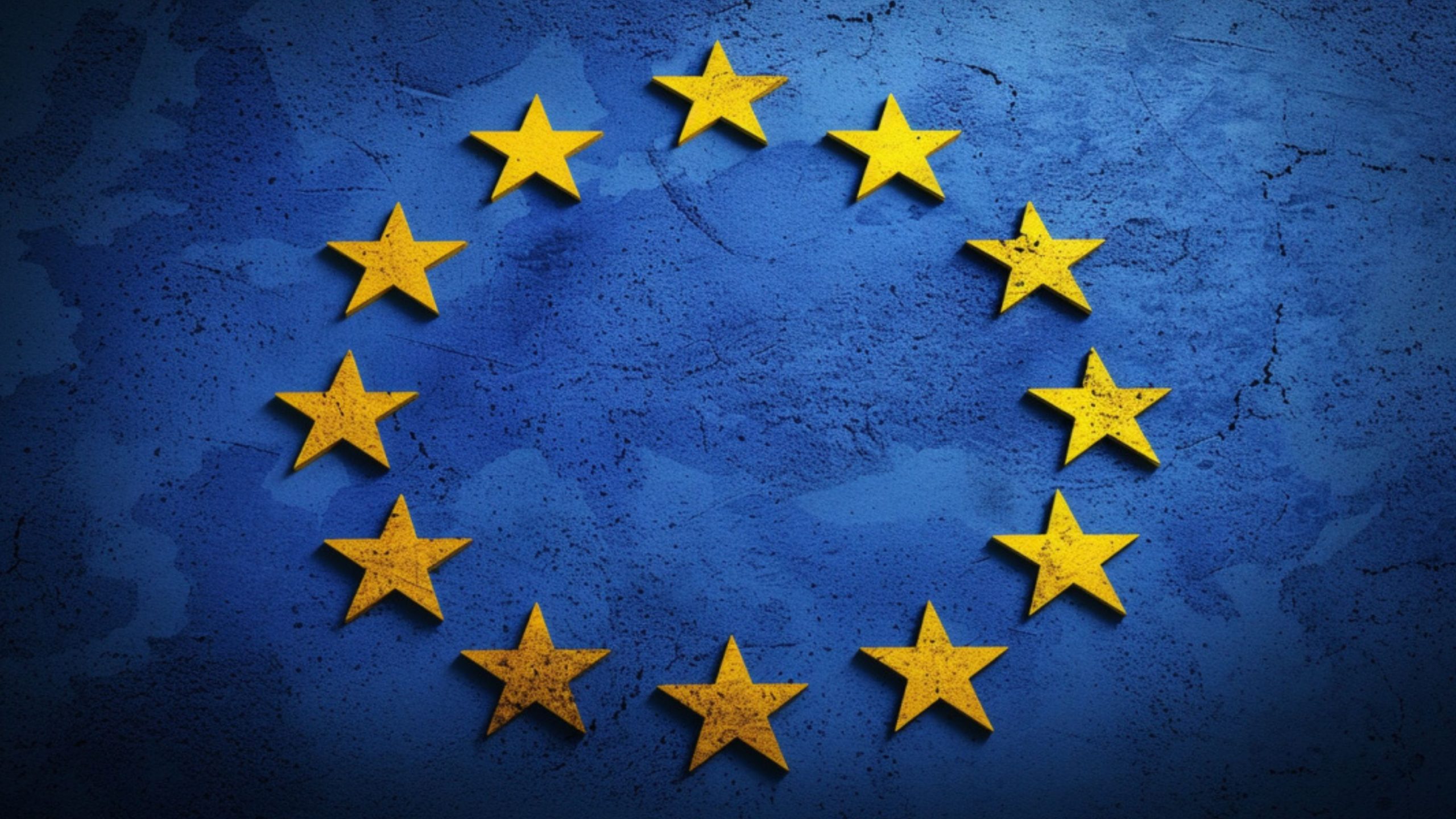On the very day that European lawmakers intensified their calls for stricter oversight of platforms like Meta and X, the European Commission (EC) denied accusations of censorship made by Meta CEO Mark Zuckerberg. Despite this denial, critics point out that the EU’s Digital Services Act (DSA) and past demands to remove content reveal a pattern of censorship embedded in its approach to regulating digital platforms.
Zuckerberg’s remarks, which accused Europe of institutionalizing censorship through its regulatory framework, prompted a firm rebuttal from the EC. “We absolutely refute any claims of censorship,” stated a Commission spokesperson. The DSA, they argued, does not compel platforms to remove lawful content but focuses on illegal material or content deemed harmful, such as that impacting children or democratic processes.
However, this defense should be met with skepticism. The DSA passed as a landmark piece of legislation, has been criticized for its potential to stifle free expression under the guise of ensuring safety and security. Zuckerberg expressed concern about Europe’s increasingly restrictive digital environment, stating, “Europe has an ever-increasing number of laws institutionalizing censorship and making it difficult to build anything innovative there.”
Zuckerberg isn’t wrong. The timing of the clash between Meta and the EC coincides with Meta’s decision to overhaul its content moderation policies in the United States. Zuckerberg announced that the company would abandon its US-based fact-checking programs on platforms like Facebook, Instagram, and Threads, replacing them with a “community notes” system modeled after the approach used by X. This system allows users to add publicly visible notes to posts they consider misleading, provided those notes are deemed helpful by a diverse group of contributors.
When asked about the potential use of similar systems in Europe, the Commission noted that such measures would require risk assessments submitted to the EU executive. While emphasizing flexibility in content moderation approaches, the EC stressed that any system must be effective. “Whatever model a platform chooses needs to be effective, and this is what we’re looking at… So we are checking the effectiveness of the measures or content moderation policies adopted and implemented by platforms here in the EU,” said an EC spokesperson. […]
— Read More: reclaimthenet.org
It’s becoming increasingly clear that fiat currencies across the globe, including the U.S. Dollar, are under attack. Paper money is losing its value, translating into insane inflation and less value in our life’s savings.
Genesis Gold Group believes physical precious metals are an amazing option for those seeking to move their wealth or retirement to higher ground. Whether Central Bank Digital Currencies replace current fiat currencies or not, precious metals are poised to retain or even increase in value. This is why central banks and mega-asset managers like BlackRock are moving much of their holdings to precious metals.
As a Christian company, Genesis Gold Group has maintained a perfect 5 out of 5 rating with the Better Business Bureau. Their faith-driven values allow them to help Americans protect their life’s savings without the gimmicks used by most precious metals companies. Reach out to them today to see how they can streamline the rollover or transfer of your current and previous retirement accounts.

